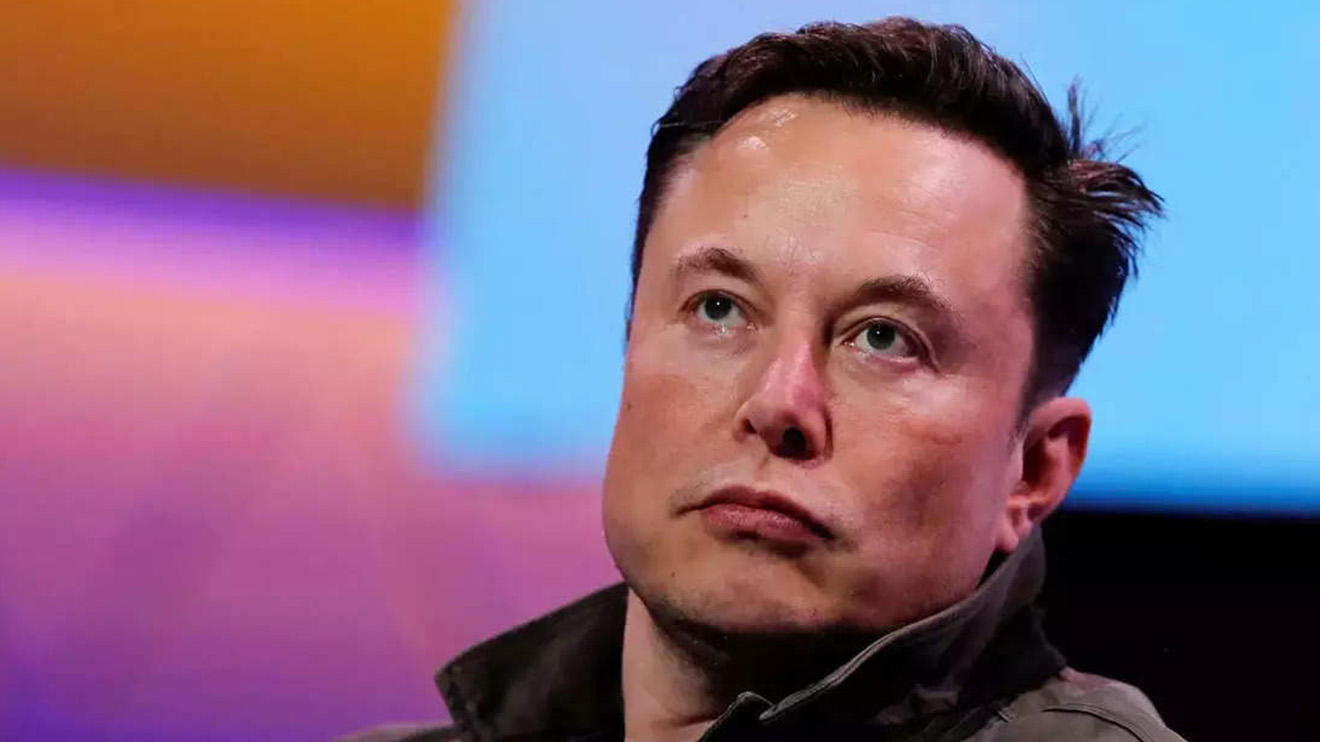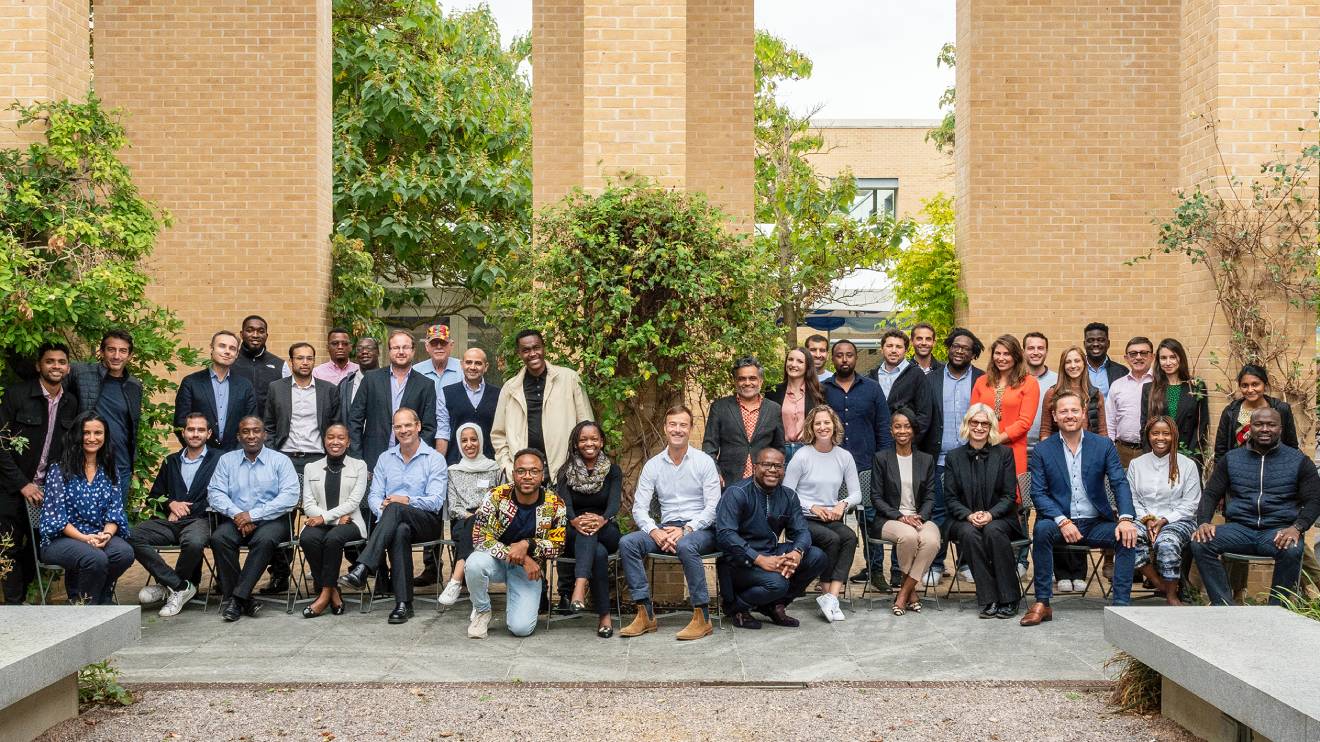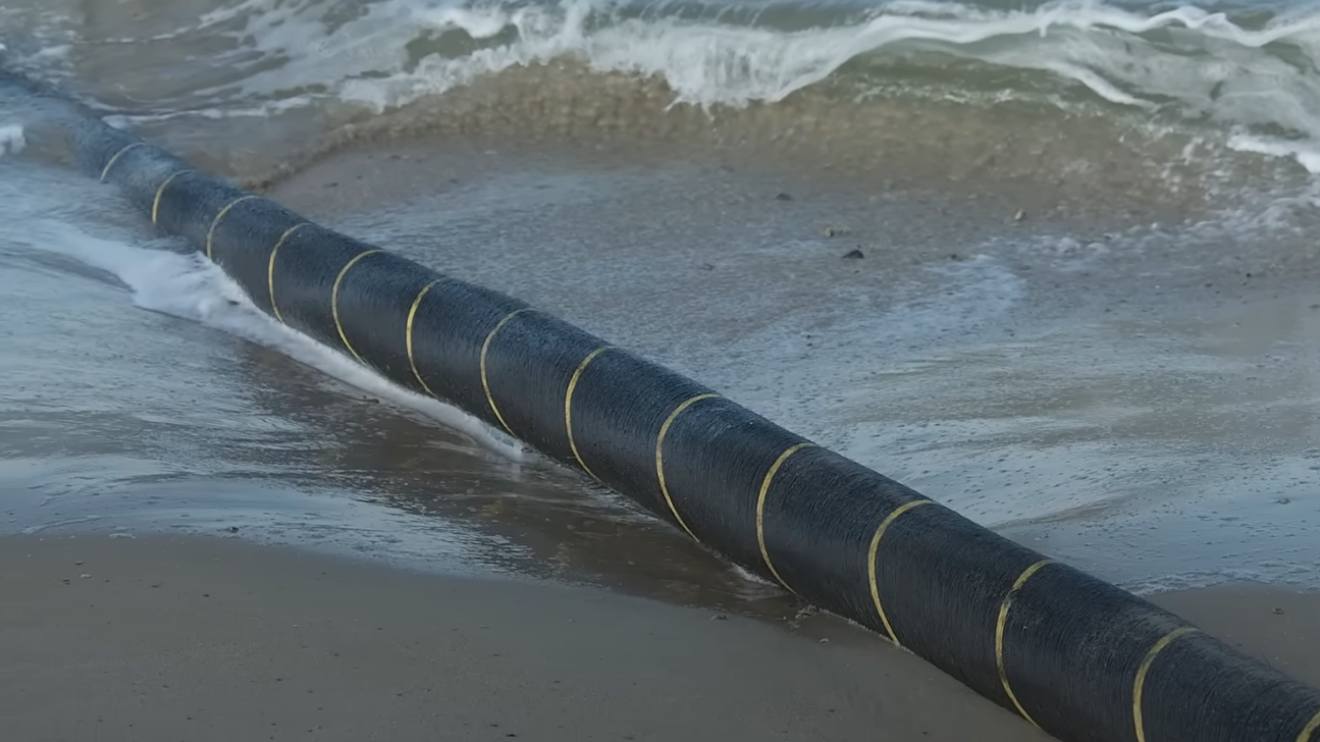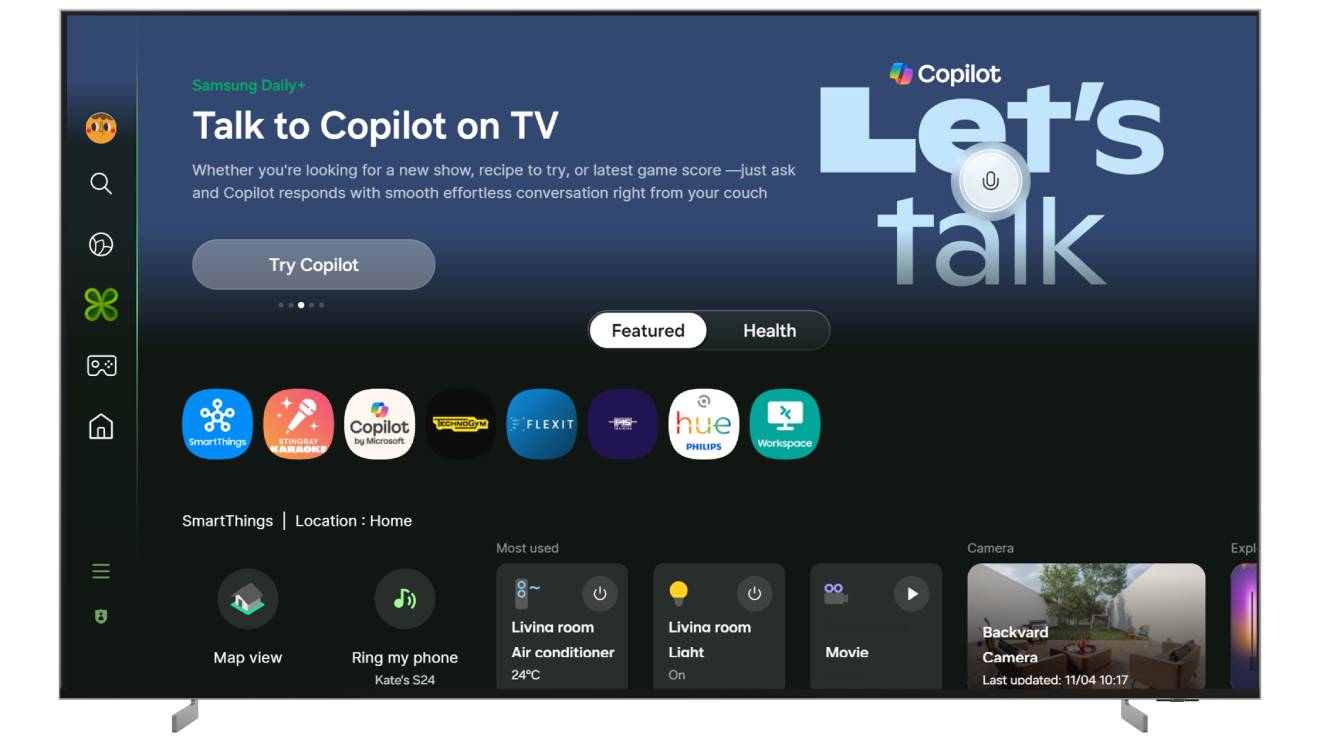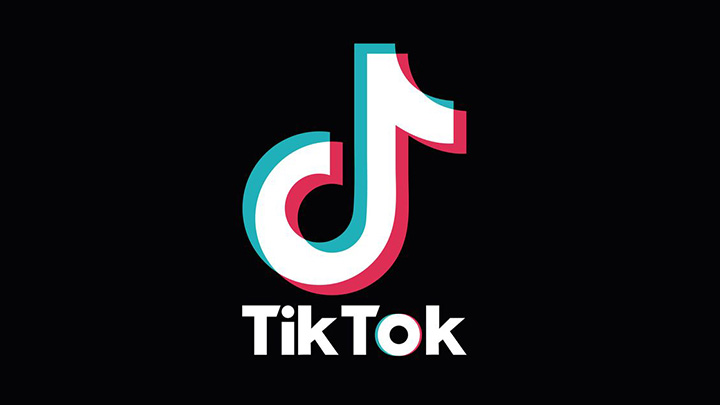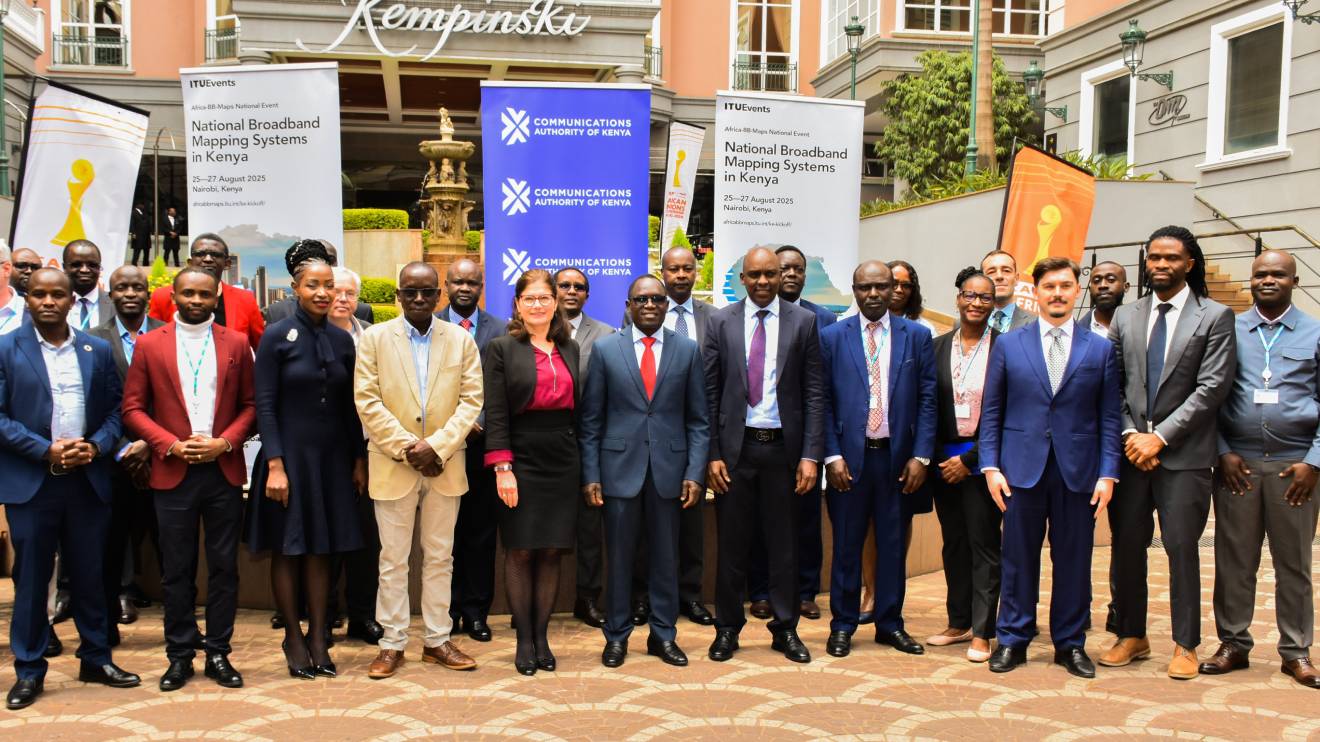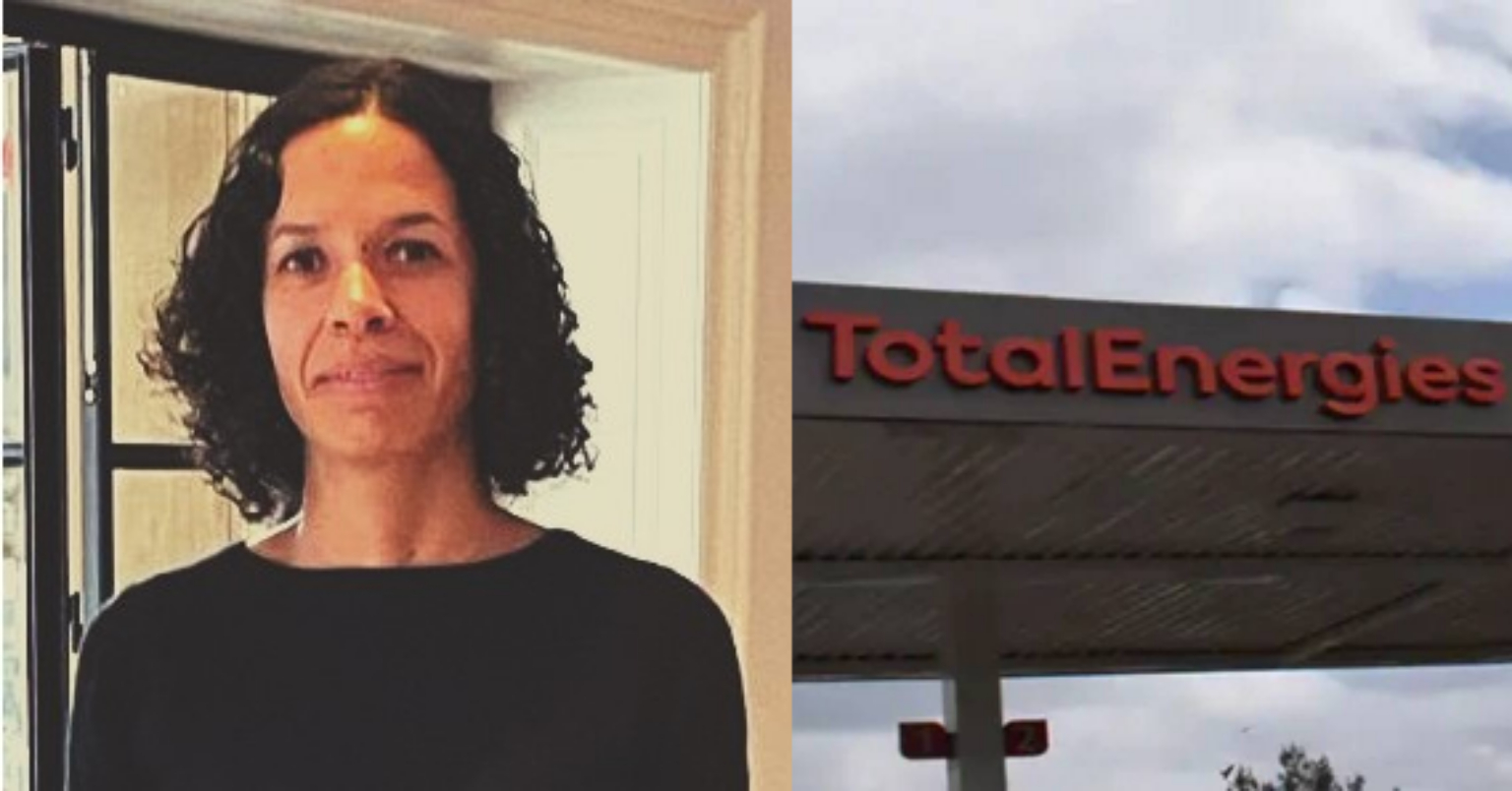Elon Musk's aerospace company, SpaceX, is currently under scrutiny following accusations of unlawfully terminating eight employees who had voiced concerns about workplace conditions.
The National Labor Relations Board (NLRB) has filed a complaint, alleging that SpaceX violated federal labour law by dismissing workers who exercised their right to jointly advocate for improved working conditions.
The origins of this legal dispute trace back to 2022 when the affected employees penned an open letter addressed to SpaceX executives, highlighting various workplace issues.
In a report by Reuters, the letter described Elon Musk as a "distraction and embarrassment."
Despite reaching out to SpaceX for comment, the BBC has yet to receive a response from the rocket and satellite firm.
Read More
According to the NLRB's complaint, filed by a regional official, SpaceX not only terminated the employees but also subjected those involved in drafting the open letter to interrogation before their eventual dismissal.
Lawyers representing one of the former employees, Deborah Lawrence, have characterized SpaceX's workplace culture as "toxic," asserting that harassment is tolerated within the company.
Lawrence, in a statement seen by Reuters, clarified the employees' intentions behind the open letter, stating, "We wrote the open letter to leadership not out of malice, but because we cared about the mission and the people around us."
This perspective sheds light on the employees' genuine commitment to addressing workplace issues rather than harboring any ill will.
The NLRB's general counsel, serving as the prosecutor in this case, will present it to the five-member board appointed by the organization's president.
If SpaceX chooses not to settle, the case will proceed to an administrative judge, with the opportunity for appeals to the board and then a federal appeals court.
A hearing is scheduled for March 5th, providing both parties a platform to present their respective cases.
Should the NLRB find SpaceX in violation of labor law, potential consequences may include orders for the reinstatement of terminated workers and payment of back wages.
This legal development mirrors a pattern observed in Musk's companies, as similar allegations arose in October when the NLRB accused X (formerly known as Twitter) of illegally firing an employee challenging the company's return-to-office policy—a charge that X vehemently denied.

